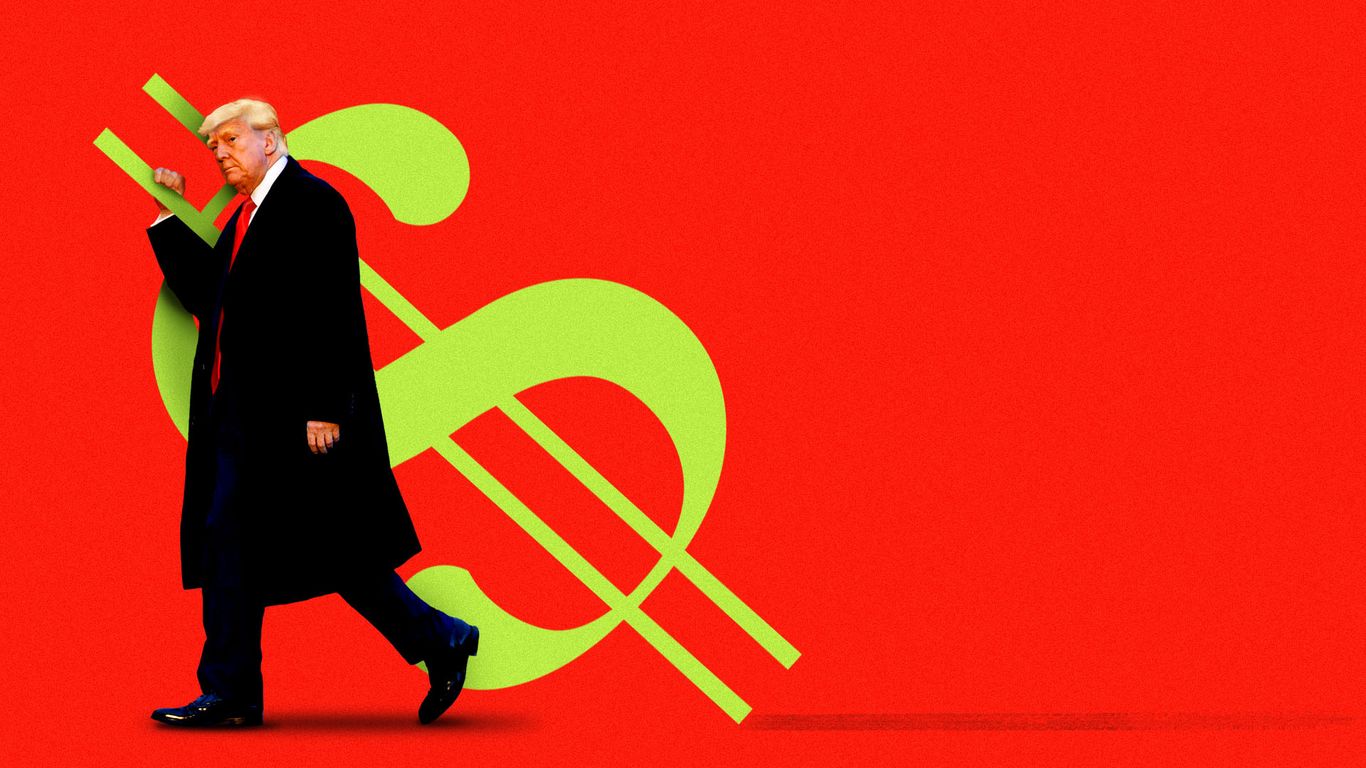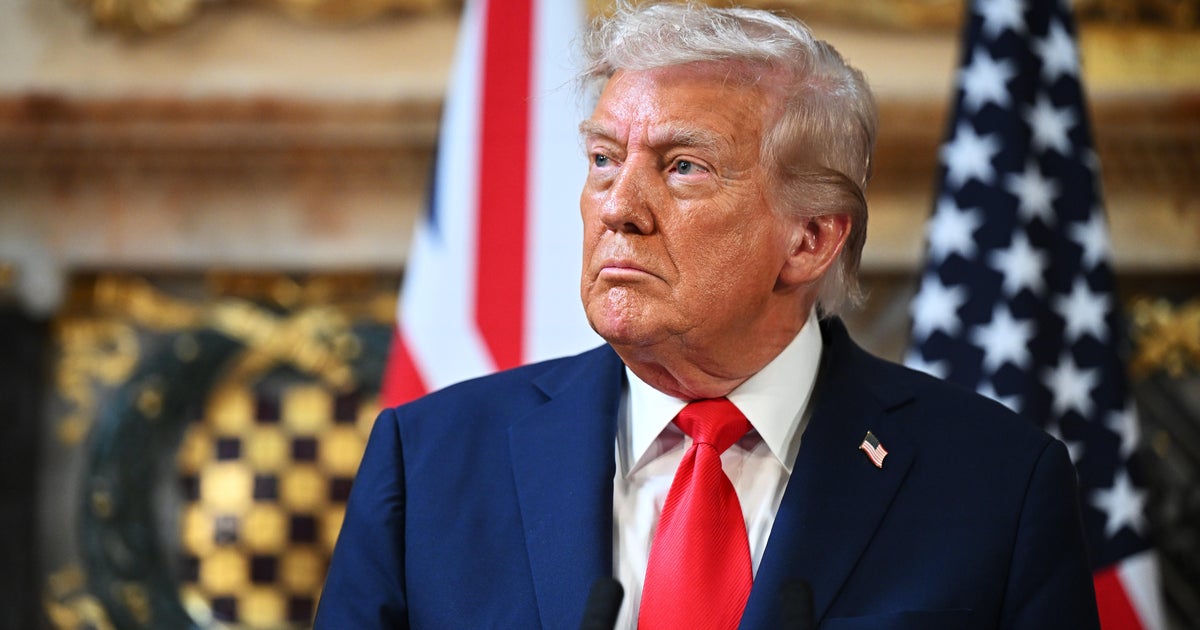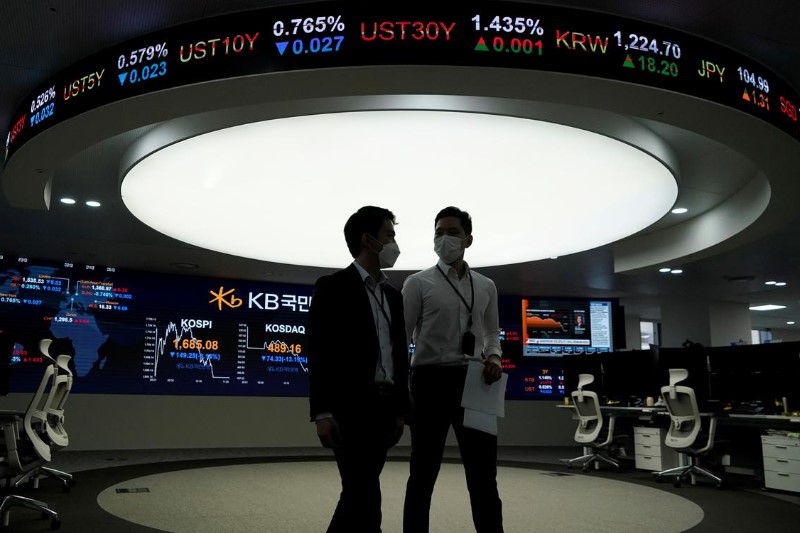Rising US-China Port Fees Escalate Trade Tensions
#trade_tensions #shipping_costs #us_china_relations #tariffs #economy
Rising Trade Tensions Between the US and China
The US and China are intensifying their trade conflict with the introduction of new port fees, effective Tuesday. These charges, set at RMB 400 per net ton for vessels calling at Chinese ports, mirror reciprocal fees imposed by the US on Chinese ships. This tit-for-tat move signals a fresh escalation in economic tensions between the two superpowers.
Details of the New Port Fees
The Chinese fees apply specifically to American-built or flagged vessels, as well as those owned or operated by US entities holding at least a 25% stake. Fees increase annually, aiming to reach RMB 1,120 per net ton by 2028. Ships calling at multiple Chinese ports during one voyage will only be charged once per calendar year, limiting the overall impact per vessel but maintaining pressure on trade flows.
Economic Impact and Outlook
These port fees will likely raise shipping costs, potentially reducing imports from Asia and further straining US-China trade relations. The development comes amid broader tariff disputes and export restrictions, underscoring the risk of a prolonged trade war despite upcoming diplomatic talks between Presidents Xi and Biden.
About the People Mentioned
Xi
Xi Jinping, born on June 15, 1953, is the paramount leader of China, serving as General Secretary of the Chinese Communist Party (CCP), Chairman of the Central Military Commission (CMC), and President of the People's Republic of China since 2012 and 2013 respectively[1][4]. He is the first CCP general secretary born after the founding of the PRC and the son of Xi Zhongxun, a veteran revolutionary and former vice premier[1][5]. Xi's early life was marked by hardship during the Cultural Revolution, when he was sent to rural Shaanxi Province. He later studied chemical engineering at Tsinghua University and joined the CCP after multiple attempts. His political career advanced through various provincial leadership roles: governor of Fujian (1999–2002), party secretary of Zhejiang (2002–2007), and briefly party secretary of Shanghai in 2007[1][3]. He joined the CCP Politburo Standing Committee in 2007 and was designated as Hu Jintao's successor, becoming vice president and vice chairman of the CMC before ascending to the top leadership[1]. Since assuming power, Xi has consolidated authority significantly. A 2021 CCP historical resolution praised his leadership, highlighting achievements such as poverty reduction and anti-corruption campaigns, elevating him alongside Mao Zedong and Deng Xiaoping in party history[2]. In October 2022, Xi secured a historic third term as general secretary, and in March 2023, he was re-elected president for a third term after the removal of presidential term limits in 2018[2]. Xi's governance emphasizes strengthening the CCP, eradicating corruption, and maintaining close ties with the populace. His leadership has been characterized by campaigns against poverty and efforts to reinforce party discipline[3]. He holds advanced degrees in Marxist theory and law from Tsinghua University[4]. Xi remains a central figure shaping China's domestic policies and international posture in the 2020s.
Biden
Joseph Robinette Biden Jr. (born November 20, 1942) is an American politician who served as the 46th president of the United States from 2021 to 2025. A member of the Democratic Party, Biden represented Delaware in the U.S. Senate from 1973 to 2009, making him one of the longest-serving senators. He also served as the 47th vice president under Barack Obama from 2009 to 2017[1][3][4]. Born in Scranton, Pennsylvania, Biden moved with his family to Delaware in 1953. He graduated from the University of Delaware in 1965 and Syracuse University College of Law in 1968. He was elected to the New Castle County Council in 1970 before winning a Senate seat in 1972 at age 29. Shortly after his election, a car accident tragically killed his first wife Neilia and daughter Naomi, while his two sons were seriously injured. He took the Senate oath at the hospital and commuted daily to Washington by train for decades[1][4]. During his Senate career, Biden chaired the Judiciary and Foreign Relations Committees. He was instrumental in passing major legislation, including the 1994 Violent Crime Control and Law Enforcement Act and the Violence Against Women Act. He also oversaw several Supreme Court confirmation hearings and played a significant role in shaping U.S. foreign policy[1][4]. After two unsuccessful presidential bids in 1988 and 2008, Biden was chosen by Barack Obama as his vice presidential running mate in 2008. As vice president, Biden was a close adviser and led initiatives like the American Recovery and Reinvestment Act and the Cancer Moonshot program. In 2020, Biden was elected president with Kamala Harris as his vice president, defeating incumbent Donald Trump[1][4]. Biden’s presidency focused on restoring U.S. global leadership, addressing COVID-19, economic recovery, and social equity. He was the first president to serve alongside the first Black woman vice president. He announced in July 2024 that he would not seek reelection and left office in January 2025. In May 2025, he publicly disclosed a diagnosis of Stage 4 prostate cancer with bone metastases[3].


















